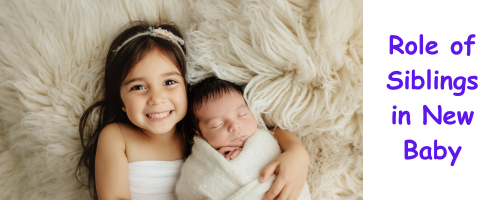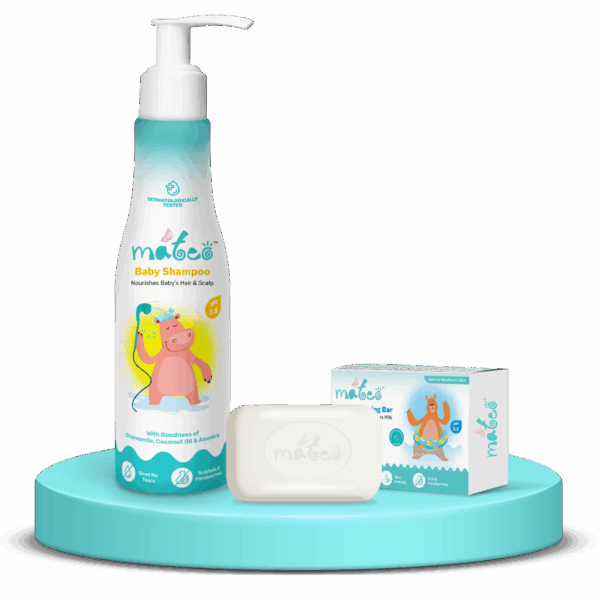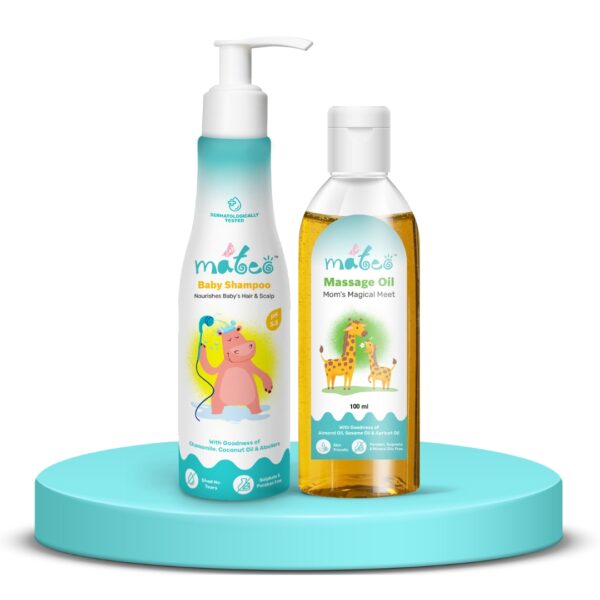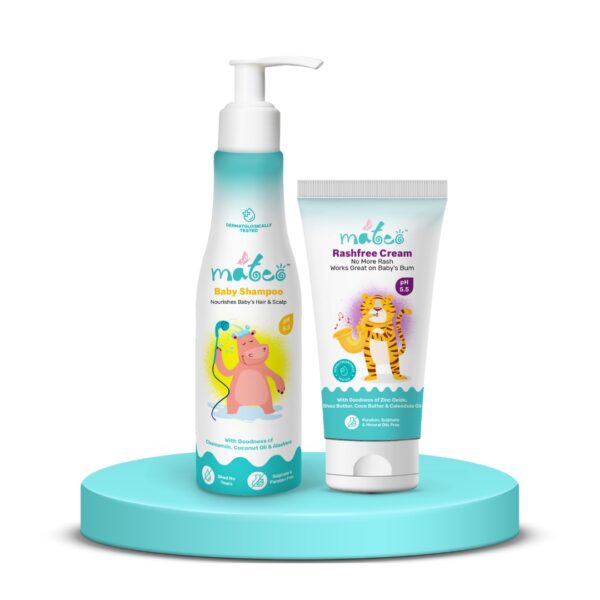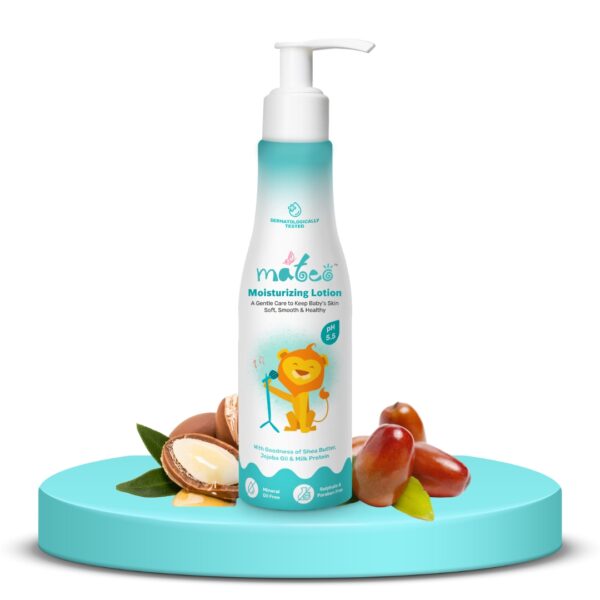Table of Contents
Bringing in a new member to the family creates an unprecedented sense of joy, but usually has different effects for older siblings. The arrival of a new baby can make toddlers and preschoolers excited, uncertain or even jealous. You need to guide your firstborn through this transition while navigating these emotions yourself. So, how do we make this transition and the role of siblings in a new baby less painful for everyone? Let’s discuss this article on preparing siblings for a new baby and baby development.
Preparing Siblings for a New Baby
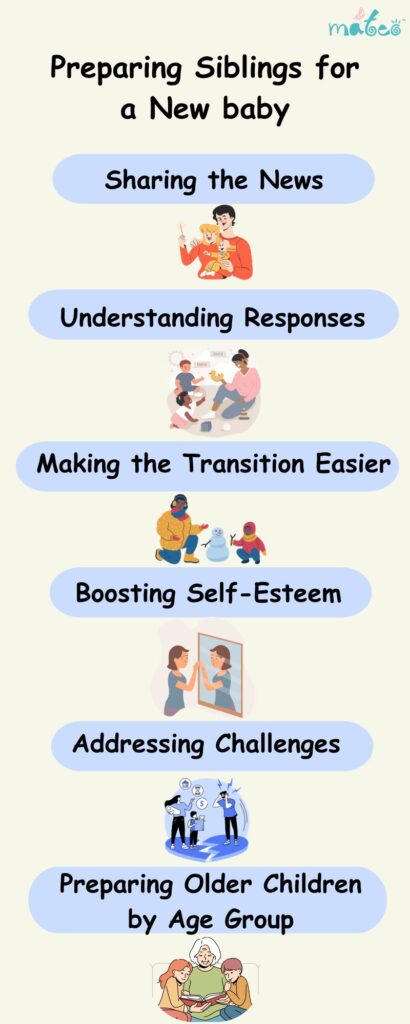
Sharing the News:
The announcement of a new sibling is an important event. Timing is important: many couples inform their child around the second trimester, leaving him or her time to adjust in advance. Preparing siblings for a new baby by telling them that your love remains constant as family relations change. Through storybooks, we can slowly introduce them to the idea of a new baby.
Understanding Responses:
This transition may present unique challenges for toddlers aged 2-3. They are deeply attached and may be threatened by changes. But such things as jealousy or feelings of being replaced can breed relapses in behaviour. Affectionately shower upon them, stressing the fact that even with changes still to come they are valued and important members of their family.
Making the Transition Easier:
Involve your older child in preparing for a new baby. Design spaces that are uniquely theirs, even if they’ll be shared in the future. Allow them to decorate the area, and involve them in selecting toys for the baby. This will prevent feelings of jealousy from arising in your new child.
Boosting Self-Esteem:
Build up your older child to take on age-appropriate responsibilities for baby care. Doing things like changing diapers or helping care for the baby makes them feel needed. Aim for stability amidst changing dynamics by carving out special one-on-one time.
Addressing Challenges:
When gifts come in only for the new addition, prepare surprises or “goodies” to prevent your other child from feeling ignored. To their complaints, lend an empathetic ear and say: Yes I understand your feelings.
Preparing Older Children by Age Group:
Tailor your approach according to the age of your child. For kids aged 1-2, explain the idea of a new baby in simple terms and with visuals. For 2-4 year olds, get them involved in talking and making preparations. Deeper conversation and greater involvement in decision-making benefit children aged 5 and above.
Tips for Parents:
Parenting through this period of transition requires mindful parents. Stay involved, and talk naturally. Keep the objectives reasonable and find rewards for good behaviour. Teach them about baby life and baby development. Make time just to spend one-on-one with each child, and ask your family members or babysitters for assistance if things get overwhelmingly busy on occasion.
Encouraging Sibling Relationships
It is important to develop a strong bond between siblings. Include the children in your pregnancy, speak openly and engage them together. Extend kindness and support for one another; if needs arise perhaps ask Grandma or a relative to come live with you.
For older siblings, welcoming a new baby is both beautiful and heart-wrenching. Thanks to your guidance and support, we make the transition easily with harmonious family relations. Celebrate this joyful event while making sure that every family member feels loved and honoured.
Frequently Asked Questions
1. How To Take Care Of Newborn Babies With Older Children?
Gradually introduce the concept of a new brother or sister, allowing for understanding and time to ask questions. Involve your child in preparations, letting them decorate the space for the baby or select toys. Encourage them to perform their own age-appropriate baby care tasks, enhancing not only confidence in themselves but also a sense of responsibility and purpose.
2. What Can I Do to Promote Good Sibling Relationships?
Help to develop a sense of responsibility and inclusivity by involving older children in decisions about babies. Foster tender interchanges and teach them how to help in little ways, such as bringing a pacifier or bottle for the baby. Create an atmosphere of consideration and support between siblings.
If you use these strategies, the older children can better accept a new sibling. Of course, every family is different. So adapt these tips to suit your situation. Communicate and be alert, creating an environment conducive to bringing out the best in brothers and sisters.
3. My Older Child Might Feel Left Out After the Birth of a Baby?
Neglect emotions by creating space for special one-on-one time with the older kid. Doing what they enjoy most or holding profound discussions will help them feel more important to the family. Have small treats or gifts you can give them to unwrap themselves when your little one receives presents, so they don’t feel forgotten.

Nivethitha Sridharan
Nivethitha is a mother of two children and has a great interest in writing as an experienced mother. She publishes educational and interesting articles on baby care and also assists parents in selecting the finest baby products for their baby’s skin and well-being. She focuses on infant skin care and health issues. She also provides suggestions and guidance on baby care and avoids common skin disorders in newborns. Nivethitha likes studying and writing about new and innovative ideas that might assist people in finding solutions to their problems. She feels that content writing is an effective means of communicating thoughts and information to the world.
-
Baby Shampoo & Cleansing Bar (Combo Pack)
Add to basket₹580.00 -
Baby Shampoo & Massage Oil (Combo Pack)
Add to basket₹590.00 -
Baby Shampoo & Rashfree Cream (Combo Pack)
Add to basket₹575.00 -
Mateo All in One Pack
Add to basket₹1,700.00 -
Mateo Baby Cleansing Bar
Select options₹185.00 – ₹740.00 -
Mateo Baby Shampoo
Select options₹395.00 – ₹1,185.00 -
Mateo Massage Oil
Select options₹195.00 – ₹780.00 -
Mateo Moisturizing Lotion
Select options₹350.00 – ₹1,050.00 -
Mateo Rashfree Cream
Select options₹180.00 – ₹720.00

